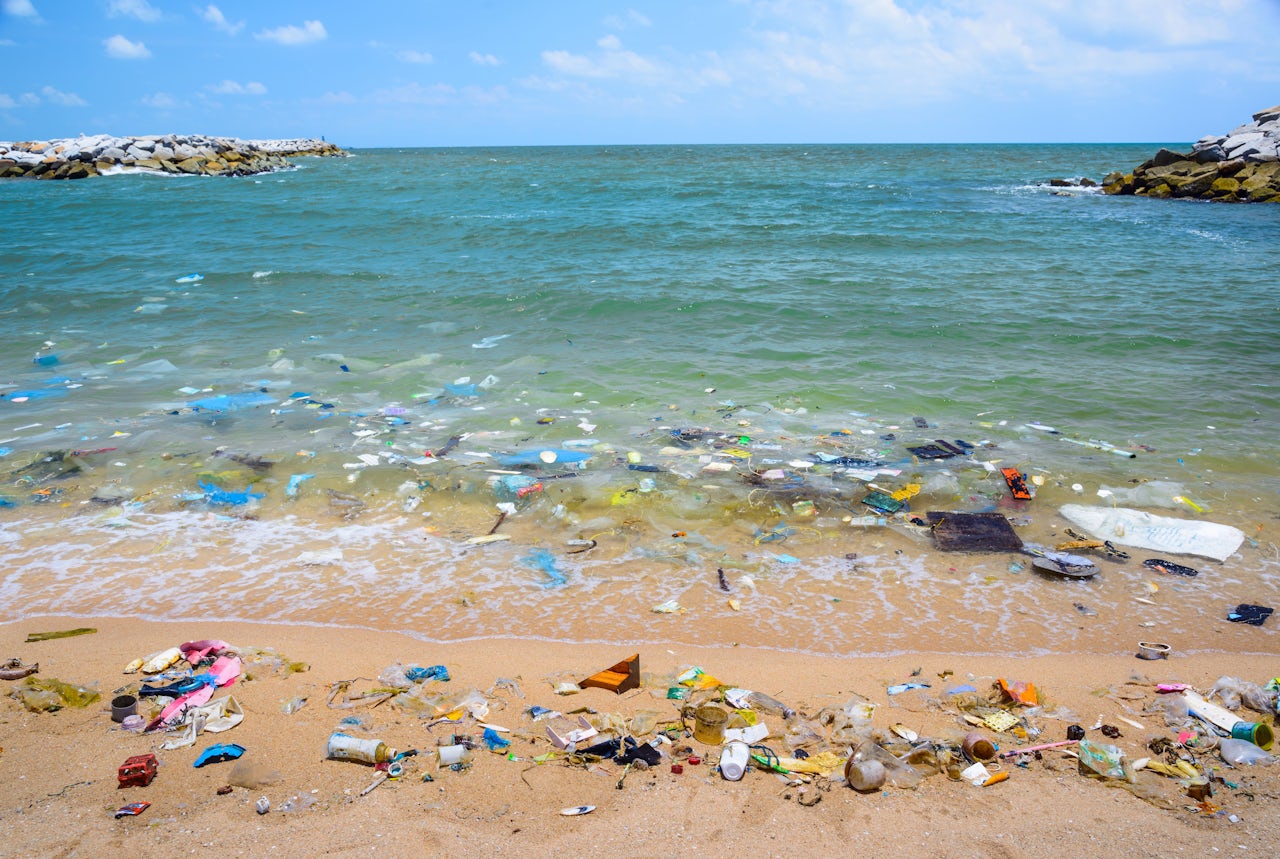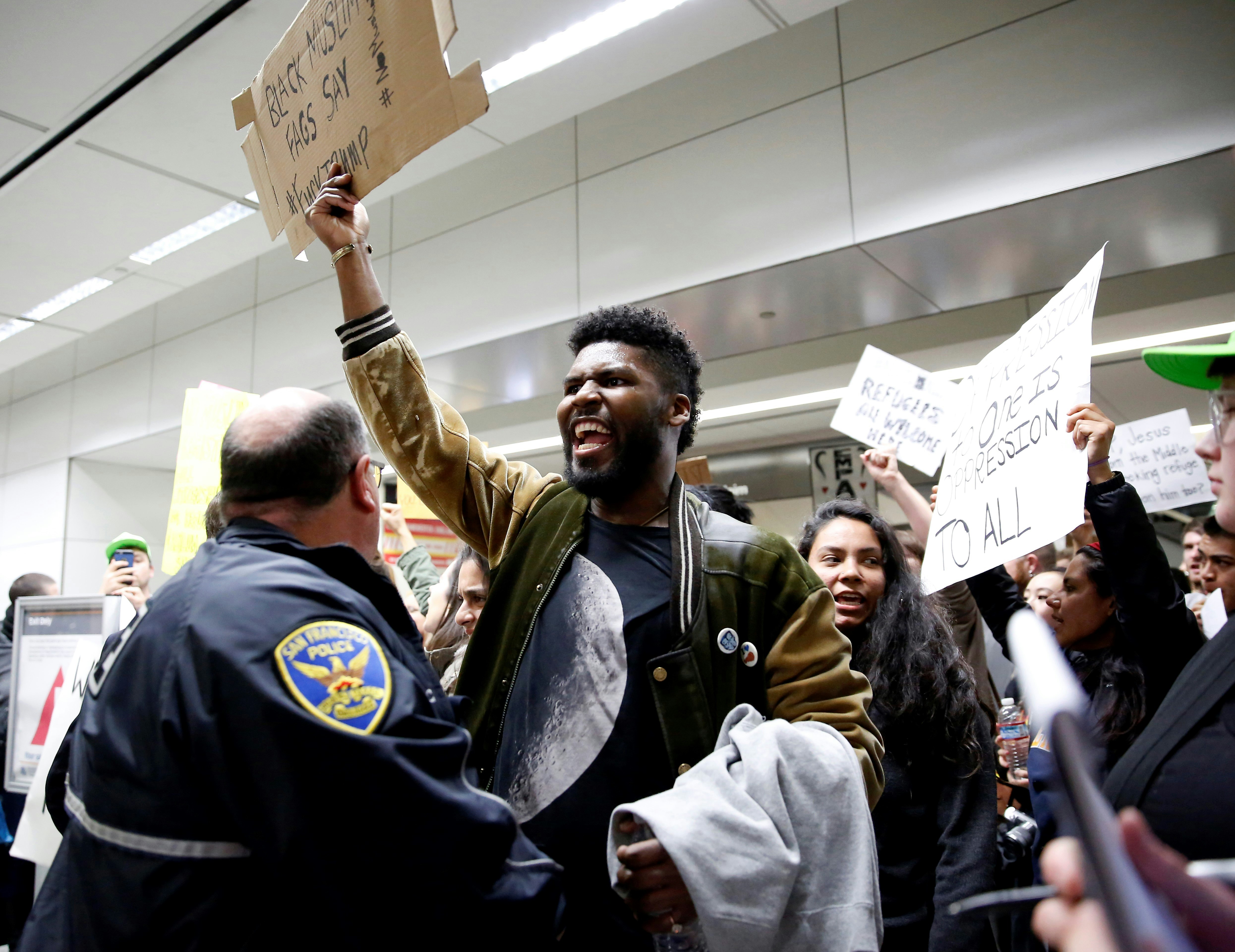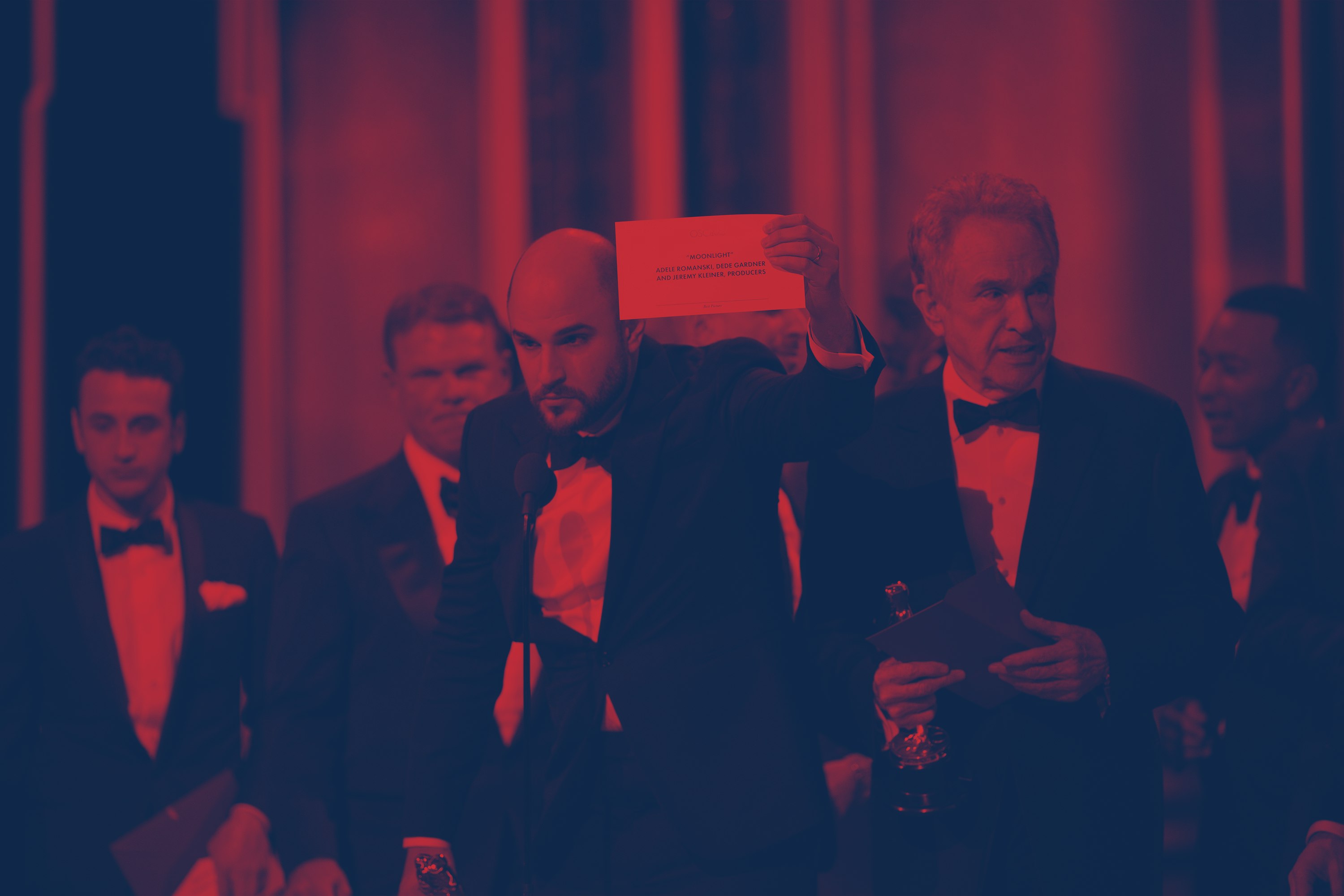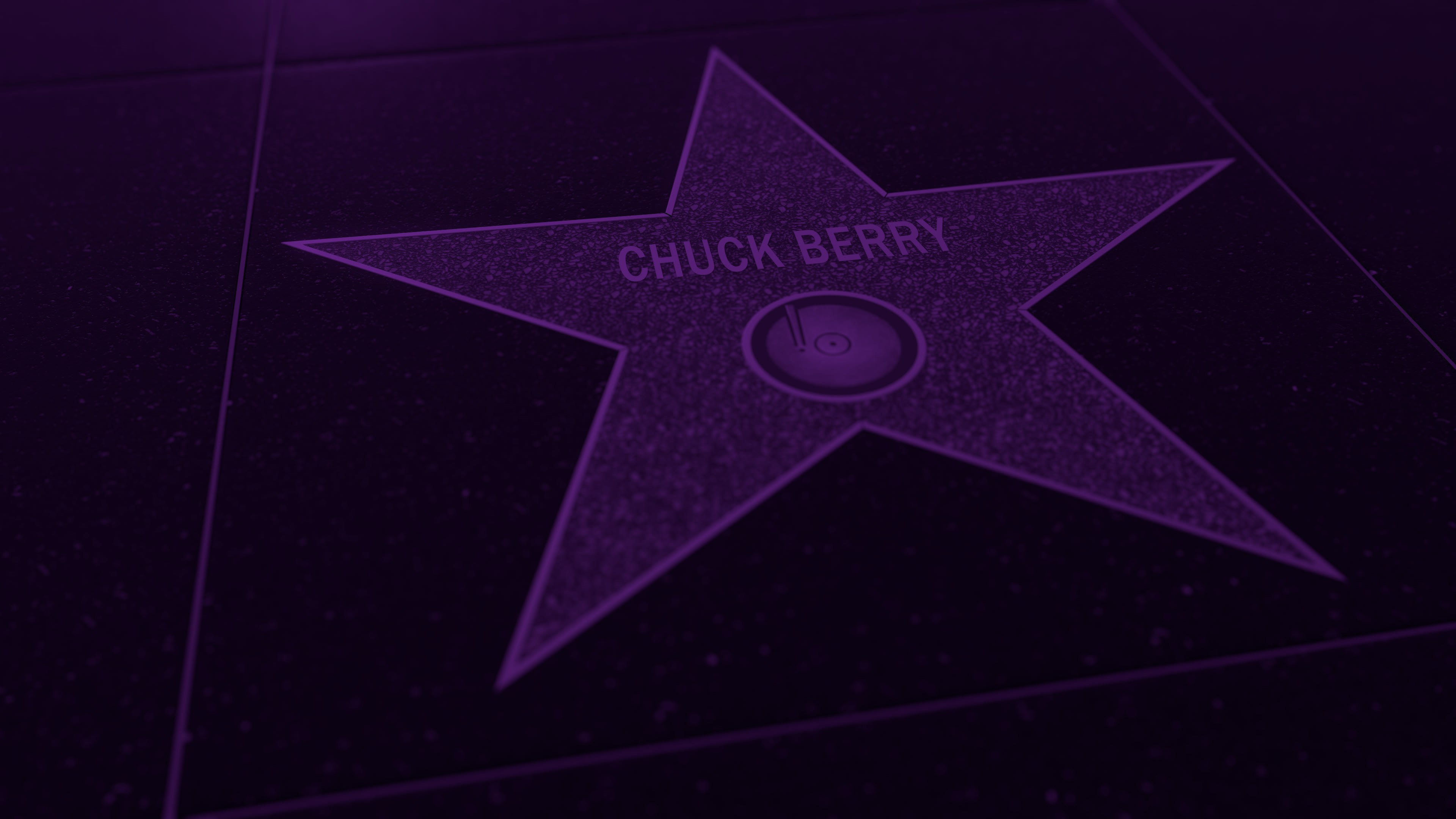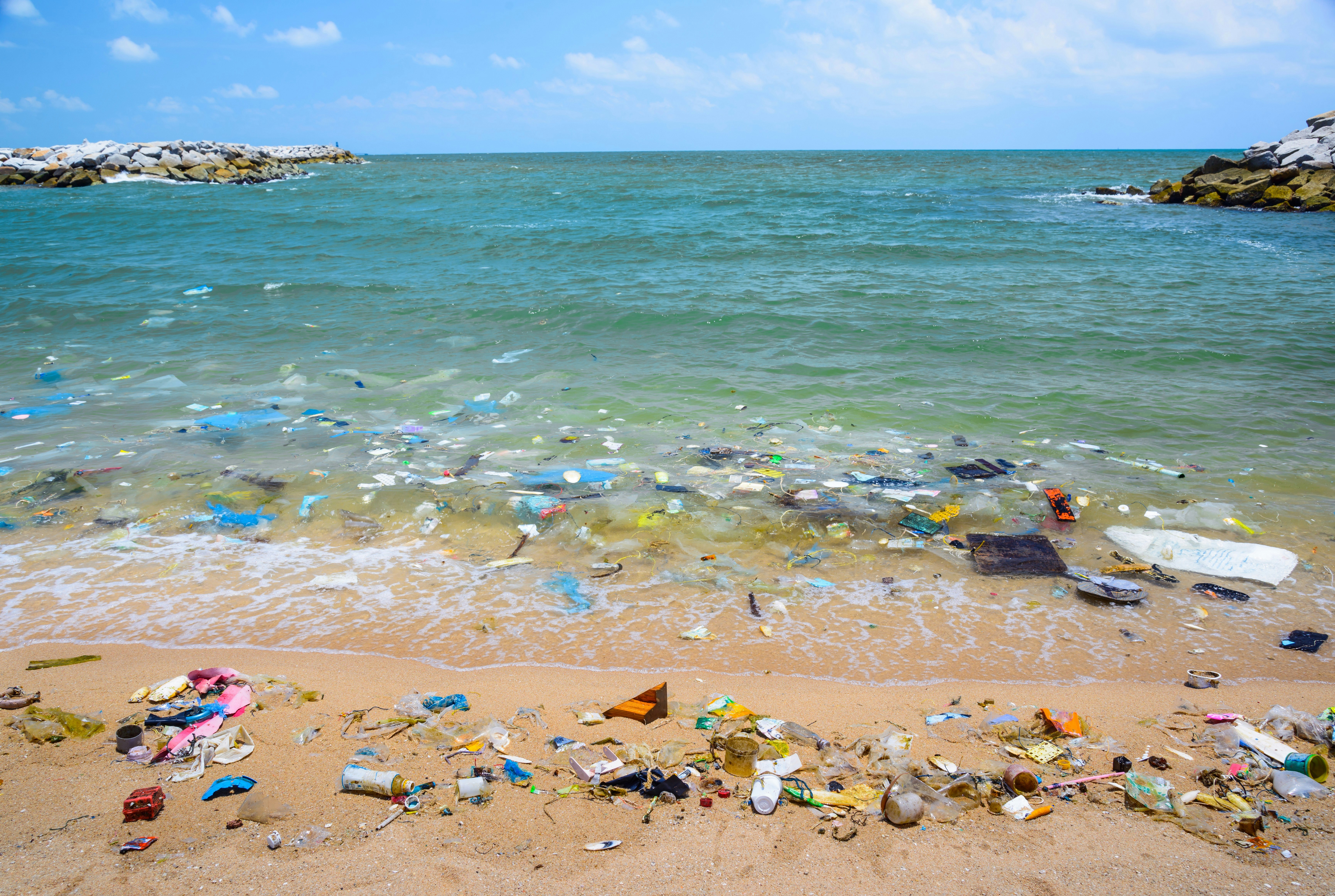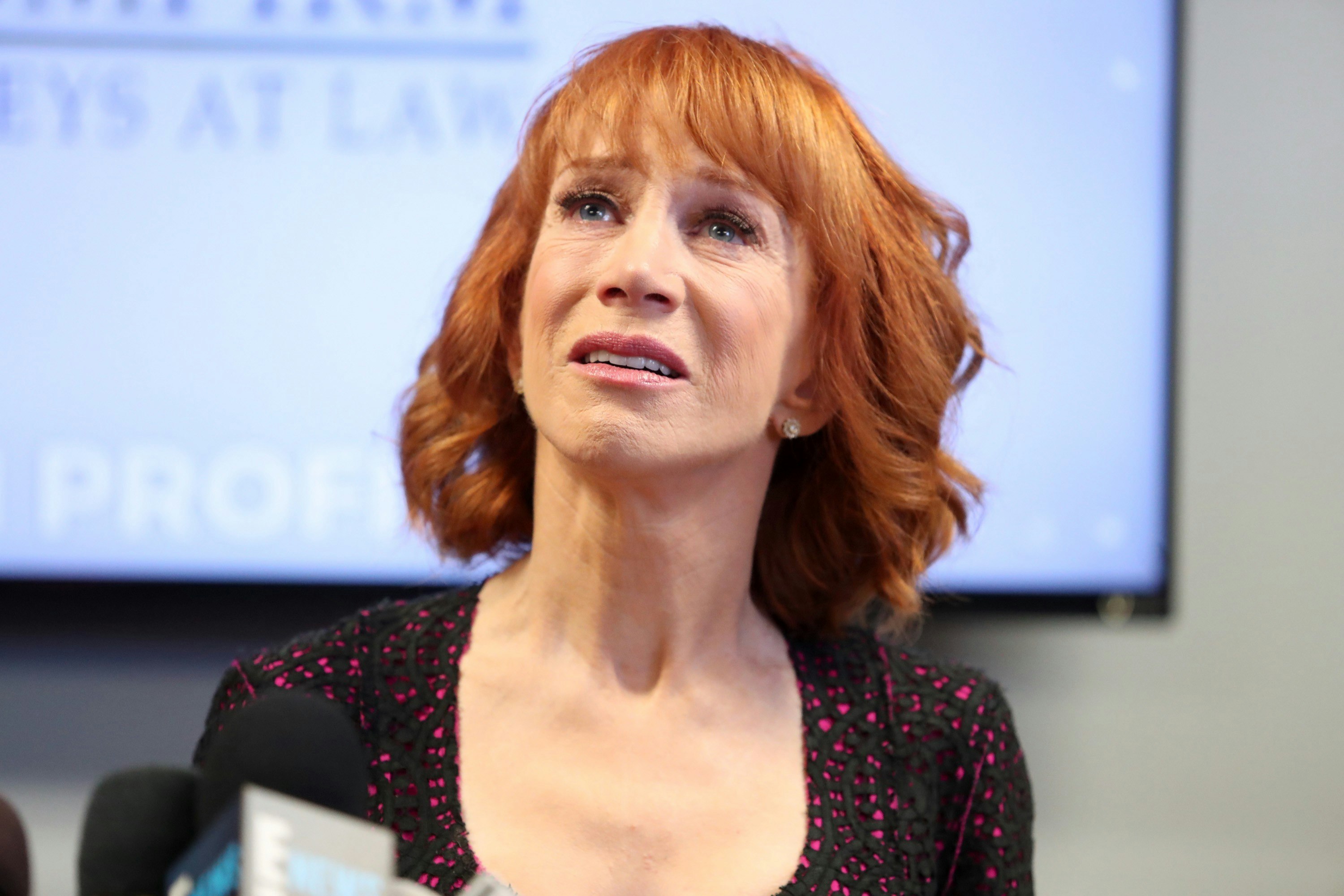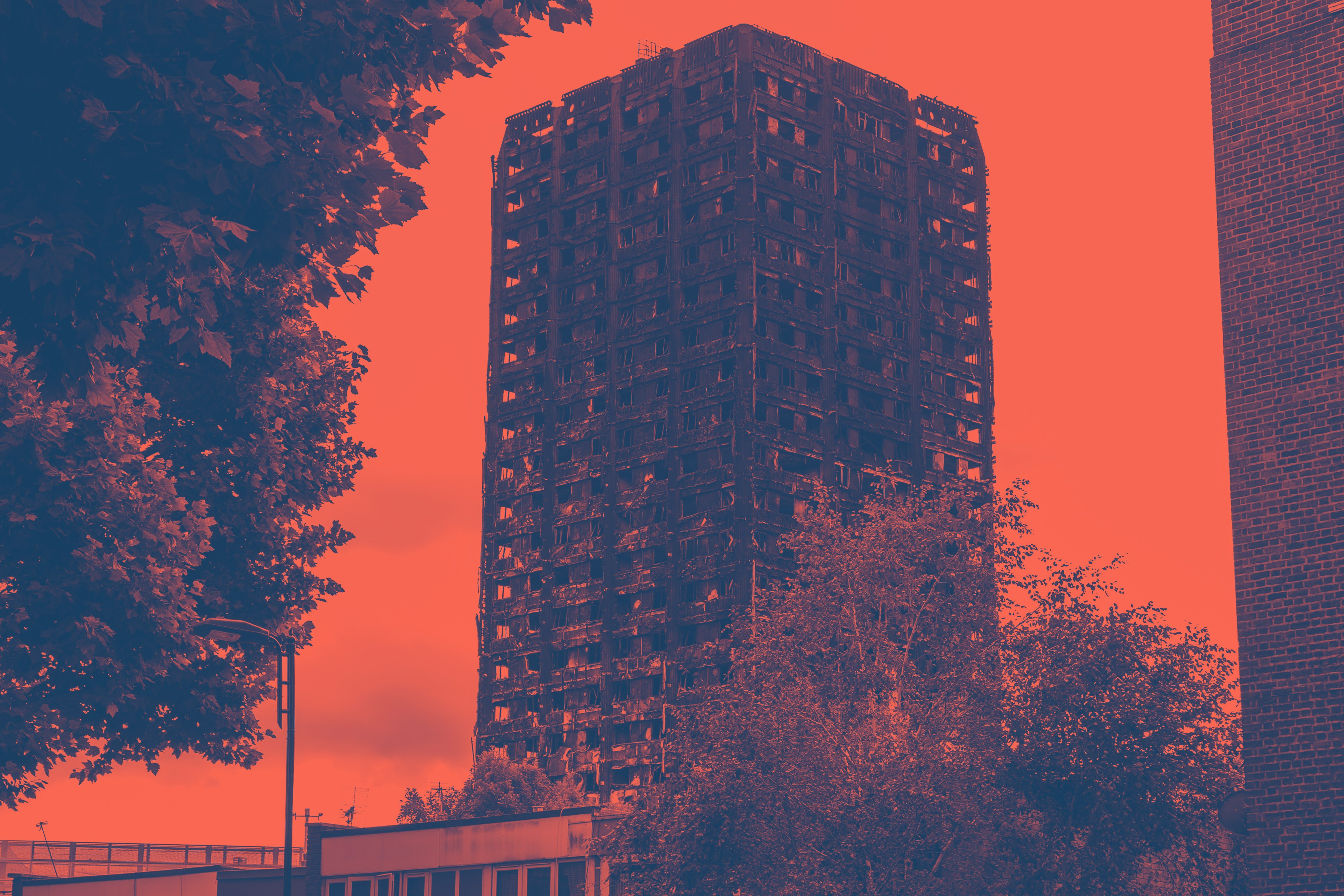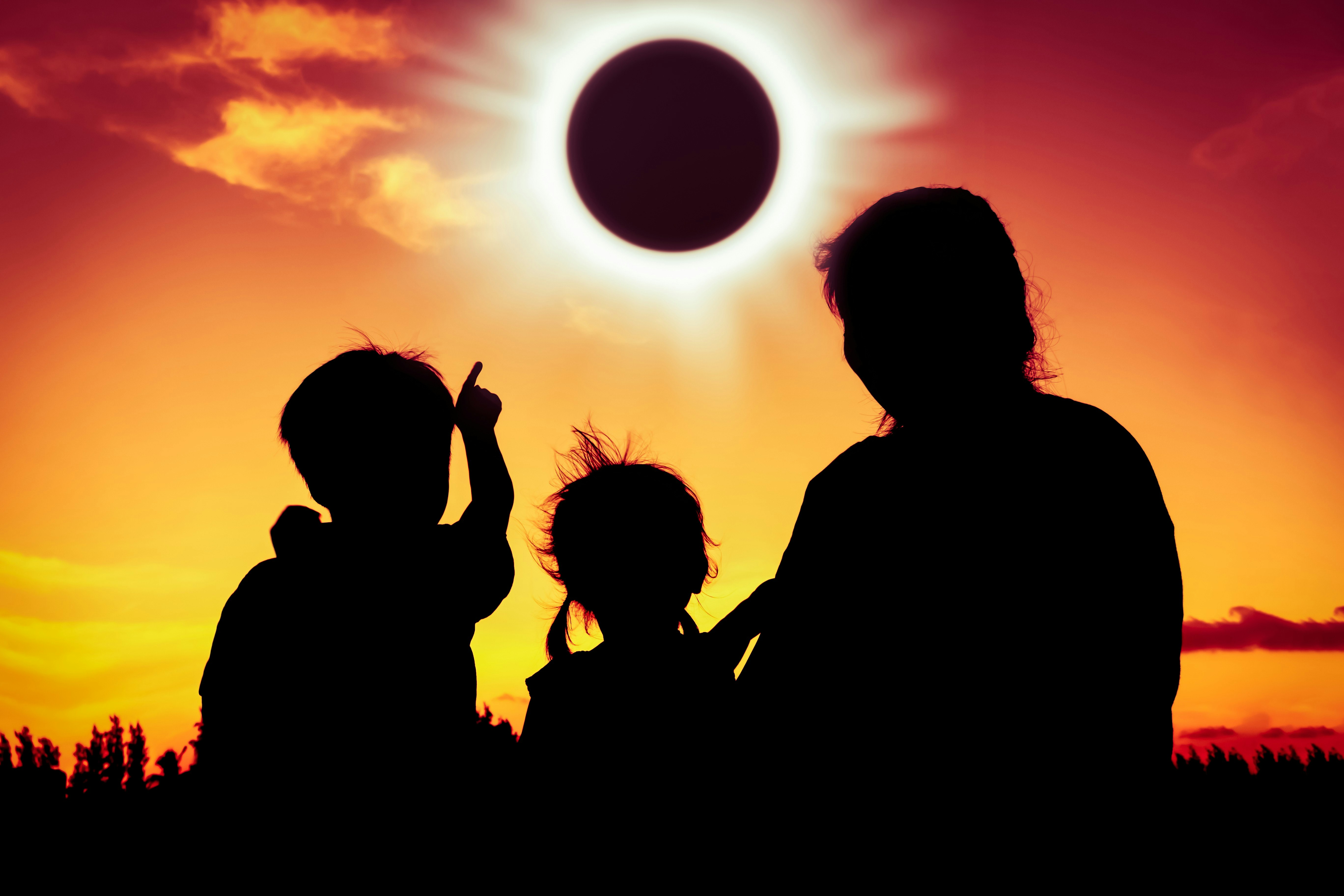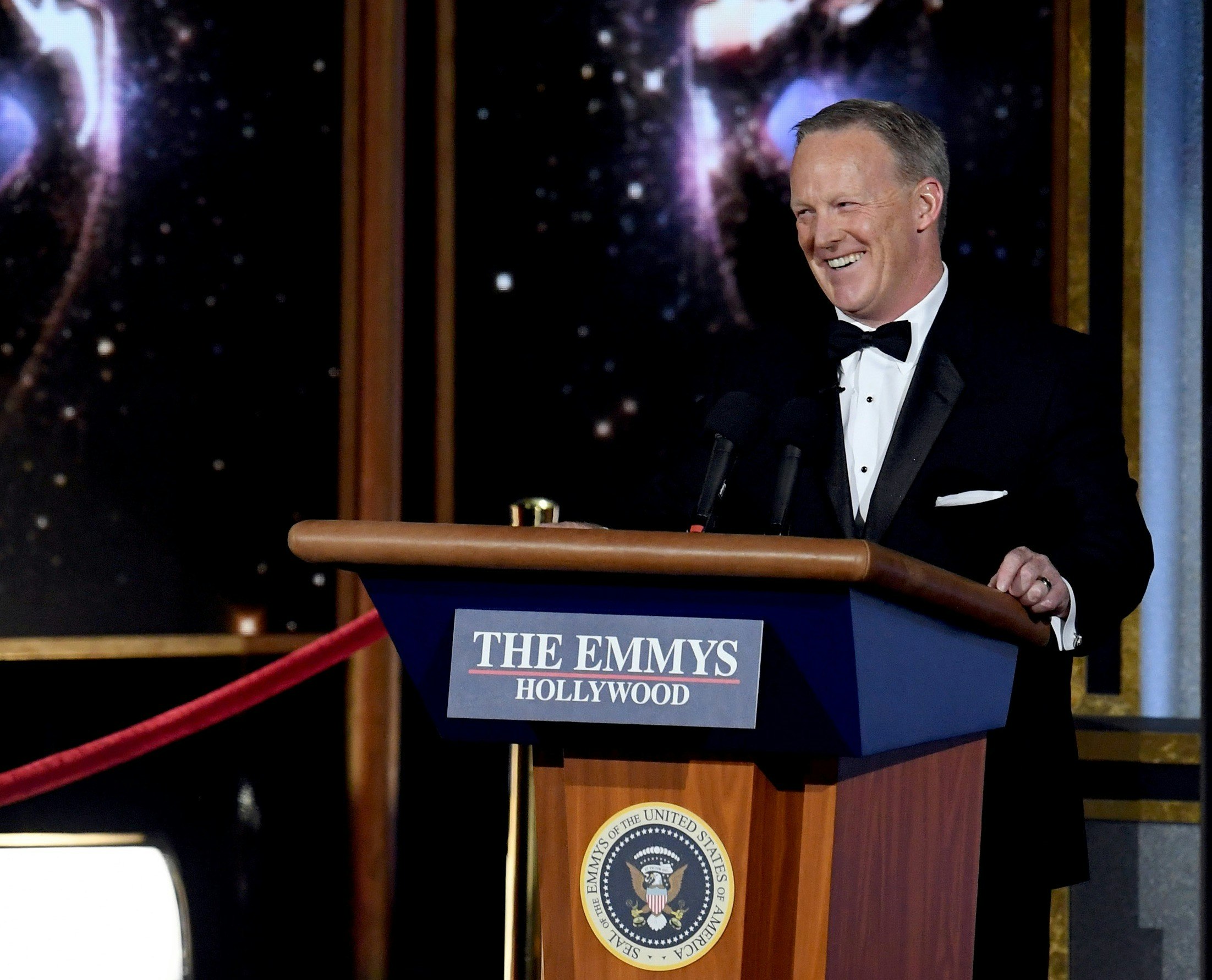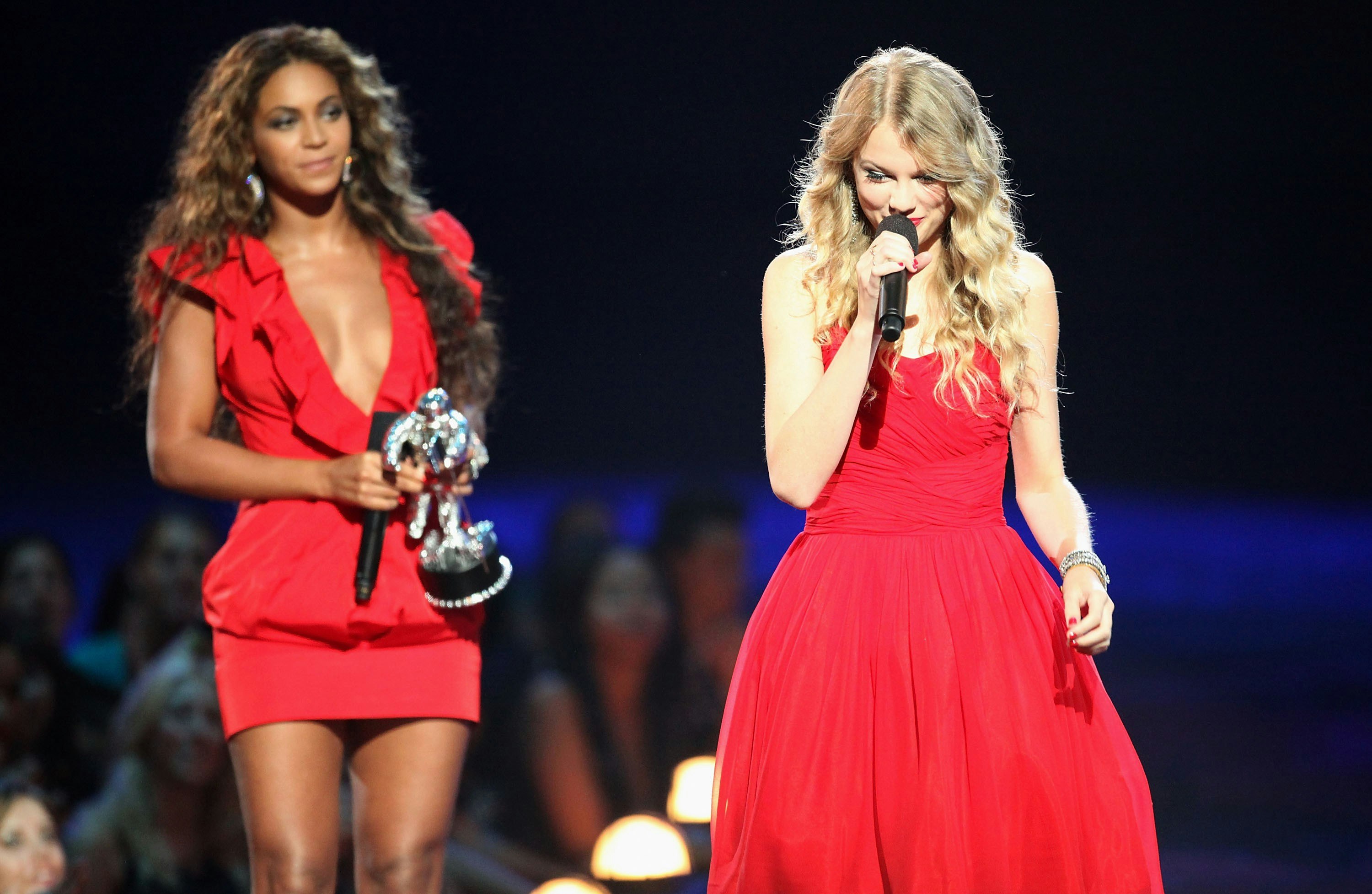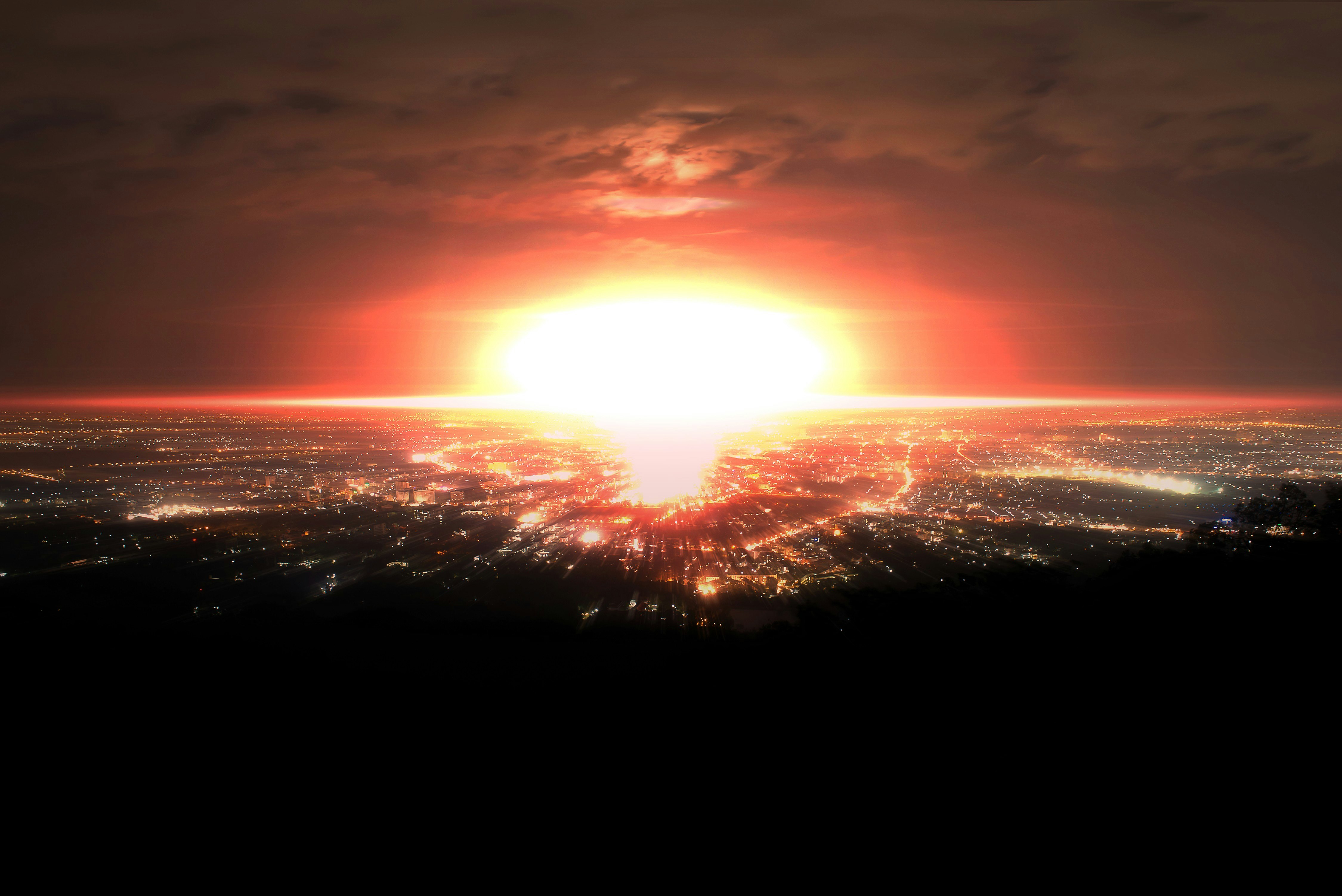IT HAPPENED
is a series reflecting on our memories of 2017, one month at a time, as we head into the new year.
With great hair and expectations, you deplane from your private jet at a small landing strip in the Bahamas only to find that Fyre Festival — the luxury brand and lifestyle experience that was to feature Migos, Lil Yachty, Major Lazer, and Blink 182, as well as some gourmet food — is nothing more than a barren gravel lot with Dickensian cheese sandwiches. Your island cabana is a lone mattress on top of damp carpeting inside a disaster relief tent; your $2500 luxury artist pass package that promised you access to Instagram influencers and the greatest food and entertainment in the universe will be cancelled, leaving you stranded on a cay in the middle of the Atlantic Ocean swatting sandflies with the other well-heeled, fearful, and dejected attendees whose “It’s whatever! :-P” captions underneath photos of topaz waters and alabaster sand beaches will go untyped. “Gee,” you say as you turn and look directly into the camera, “I was promised a big, beautiful festival and instead I got hosed.” You remove your shades for effect. “Sound familiar?”
Yes, it was a year lousy with symbolism. Like the freshman comp attendees we pretend we’re not, we foisted metaphor after political metaphor upon every pop culture event we could this year. At its heart, it was — and remains — a coping mechanism, a healing balm for when the bear eats you and everyone in your curated feed. The way the Cubs winning the World Series felt like finally a win for the political underdogs; the way the Patriots winning the Super Bowl felt like a reimagining of election night as a bloodsport; the patina of progressive ideology that underpinned seeing Cardi B oust Taylor Swift on the Billboard charts; these Nachos BellGrande that tasted as if Bernie would’ve won.
All this has no absolutely bearing on this oppressive, political winter America has cartwheeled into. But somewhere between the grief stages of anger and denial is this oasis of delusion, a desire to just feel symbolically better about a world we don’t really understand. Just give me something easy I can process to prove that we are not, in fact, inside some glitchy, inchoate SimHumanity game of the distant future. Because the key to not letting an authoritarian who rules by fiat poison you with dread is to cling to the possibility of hope, to find a figurative morsel of justice in the fetid trough of mass culture. We know it’s not real, we know Taylor Swift is not literally Trump, but let’s just say it to feel better for a second, OK? It’s tired metaphor as self care.
Then, in April, Fyre Festival entered the uncanny valley of political symbolism. The event was a catastrophic implosion that flew so close to “what politics are like now” that if you take a swig of Bacardi and squint, the two are basically indistinguishable. It’s hard to wrap your mind around the backwards reality that Trump has created, but in Fyre Festival you could see a microcosm of fame, ego, idiocy, and brain worms coming to their deserved ends. And the greatest part was that we witnessed the collapse of in real time. It was too bad to be true.
Dreamed up by rapper and singer Ja Rule and a 26-year-old New York gadfly and entrepreneur Billy McFarland — who, as if this needs another level, is the wealthy son of a real-estate developer — Fyre Festival and its founders knowingly attempted to put on a lavish luxury experience as a means to promote a new business venture called the Fyre Media app. (It was supposed to be, basically, an app that allows you to book talent for events without a middle man.) By every account, McFarland ignored the numerous financial red flags along the way and plowed ahead with his plans to create “an immersive music festival on a remote and private island in the Exumas: the best in food, art, music and adventure, on the boundaries of the impossible.” In late 2016, he arranged a deep, strange bench of influencers from singer Ashanti, to model Bella Hadid, to the Greatest Show on Turf legend Marshall Faulk, all of whom posted about the festival ahead of its launch. McFarland reportedly paid Kendall Jenner $250,000 for an Instagram. Jenner, along with most of the other 400 social media influencers, models, DJs, and what-have-yous have since deleted their posts about Fyre Festival. (Faulk’s post remains up.)
As the festival drew near, as failure seemed certain for McFarland and his team, as warnings piled up and debt accrued, one unnamed man on the marketing team countered a mountain of evidence with eight extremely dope words: “Let’s just do it and be legends, man.” Bathe for a moment in this scripture. Corroborated by two separate pieces about the festival, “Let’s just do it and be legends, man” is shorthand for a kind of bad-faith operator who imagines a light at the tunnel where he escapes and everyone else suffocates to death. Its provenance could be from Stanley Clark selling snake oil at the Chicago World’s Fair in 1893, or Lyle Lanley’s doodle, or Trump’s promise to build a big, beautiful, leggy wall. Pin “Let’s just do it and be legends, man” at the top of this year’s dreadful timeline, for it is the guiding light of our myopic era.
And so with the glee of someone who can’t understand the word “no” and several outstanding loans totalling in the millions, Fyre Festival was slapped together without the basic requisite infrastructure, planning, money, or staff, or bands. Blink 182 pulled out last minute. Most chartered flights to the island were cancelled. It became an unmitigated disaster for everyone involved — everyone except for those watching on social media, for whom Fyre Festival became new tinder for an online roast. It was a hallmark pile-on that everybody could get behind. The collective catharsis was deeply felt because, symbolically, it seemed that all this clowning was really justified: bros getting fleeced by rich assholes. Who in their right mind would pay thousands of dollars to see Blink-182 perform at a festival whose socials were being handled by global meme idiot Fuck Jerry? I wouldn’t because, like many others, I don’t believe in Instagram fame, the accretion of it, or its real-life dividends. But for those who believed in the promise of adjacent-fame through models and DJs, we all watched their dreams burn with delight. It was a symbolic retribution that we so desperately sought.
When the dust settled and reporters began to publish their post-mortems in the weeks that followed, it became clear that McFarland and his team stood for not only for gross corporate malfeasance, but a gaping hollow shell that has taken hold in the middle of America. Fyre Festival was what’s wrong with the Republicans’ corrosive agenda, with Project Veritas, with Jake Paul, with The Bachelor. It was the totem for how you imagine any lie to be uncovered, or a false premise to be exposed. Into the Fyre Festival metaphor machine you could throw any number of scenarios that you hope would play out.
Right now, we are still in the “Let’s just do it and be legends, man” stage of America. Justice, like the collapse of an island festival waits, maybe, just around the corner. McFarland was arrested by the F.B.I. in May and stands accused of two counts of wire fraud—one for scheming to defrauding investors and the other for scheming to defraud vendors—and faces up to 20 years in prison. Odds are he’ll strike a plea deal and won’t serve a day. Let me take off my shades: Sound familiar?
